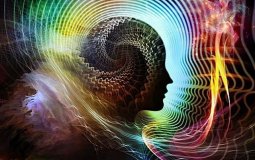Dive into the rich meanings of 'atma'—from breath to soul—in various Indian philosophies and uncover its role in consciousness and divine connection.
equated
Explore the deeper meaning of Aarti in Hinduism and Sikhism, where true worship goes beyond rituals and embraces the beauty of nature and truth.
Explore the profound concept of Aatma and its connection to Paramaatma, God, and the transcendental self in Sikh and Hindu philosophies.
Explore the distinctive and largely unknown Sikh architectural style, with its rich history in gurdwaras, forts, and palaces, by S.S. Bhatti.
Explore Akal Bunga, the iconic site housing the Akal Takht in Amritsar, a symbol of Sikh religious authority. Learn its role and history here.
Explore the profound concept of Aatma and its connection to Paramaatma, God, and the transcendental self in Sikh and Hindu philosophies.
Explore the profound concept of Aatma and its connection to Paramaatma, God, and the transcendental self in Sikh and Hindu philosophies.



